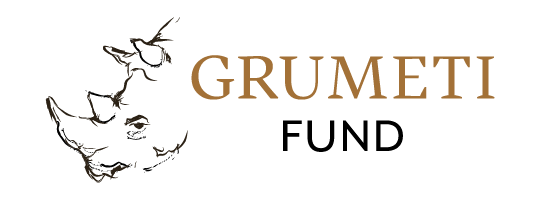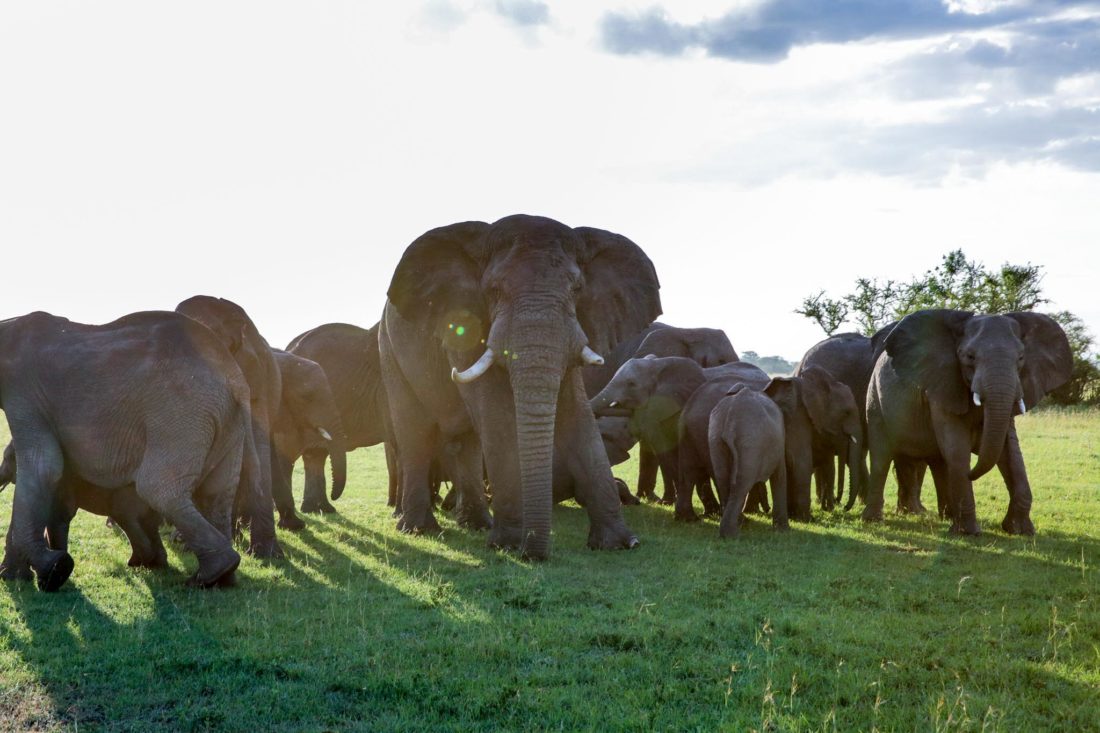Managing Human-Wildlife Conflict
by Dr. Kristen Denninger Snyder
At Singita Grumeti, the return of elephants and lions in large numbers to the reserve has been a very welcome indicator of the success of management efforts, but also means that interactions between wildlife and the growing communities along the reserve boundary are increasing. Living in close proximity to wildlife can have serious consequences for people – animals may raid crops, damage structures, threaten livestock production, and even injure or kill people.
Minimizing the impact of negative interactions between people and wildlife, described as Human-Wildlife Conflict (HWC), is an essential component of any successful conservation program. It becomes particularly important in regions where wildlife damage presents a critical threat to peoples’ livelihoods, such as in the western Serengeti.

At Grumeti Fund, developing HWC mitigation strategies is a top management priority. As a post-doctoral scholar with Grumeti Fund, my role is to help the team develop and implement research and monitoring projects that help us understand the dynamics of where and why HWC develops. This information can then be used to direct management efforts aimed at reducing the extent and severity of conflict
Two projects are currently underway. The first is a monitoring effort in ten villages bordering the reserve. We trained Agricultural Officers, who verify reports of wildlife damage, to collect additional data on the type and severity of damage, household characteristics, and agricultural practices, using high-tech tools and software. Since completing training, the officers have responded to more than 400 incidents of wildlife damage, collecting critical information that will be used to examine temporal trends in damage and to understand factors that contribute to differences in the severity of losses.

The second project is a household survey in communities within 10km of the reserve boundary. The survey emphasizes the types of conflict experienced and the species involved, as well as agricultural practices. Information obtained from this survey will be used to produce a series of maps that illustrate the risk of different forms of conflict across the study area, helping to identify high-risk areas that are prime targets for intervention.
The information harnessed from these research projects will contribute to the optimization of current mitigation efforts, and aid the development of new approaches. Of course, no strategy will be a perfect solution that completely resolves conflict, but we look forward to tackling this issue head-on, and continuing to develop a conservation program that benefits people as well as wildlife.

Kristen Denninger Snyder is a post doctoral scholar with Colorado State University and the Grumeti Fund researching the drivers and spatial patterns of Human Wildlife Conflict in the Western Serengeti. The project aims to contribute to local efforts to mitigate conflict and produce insights more broadly about the dynamics of human wildlife conflict.




